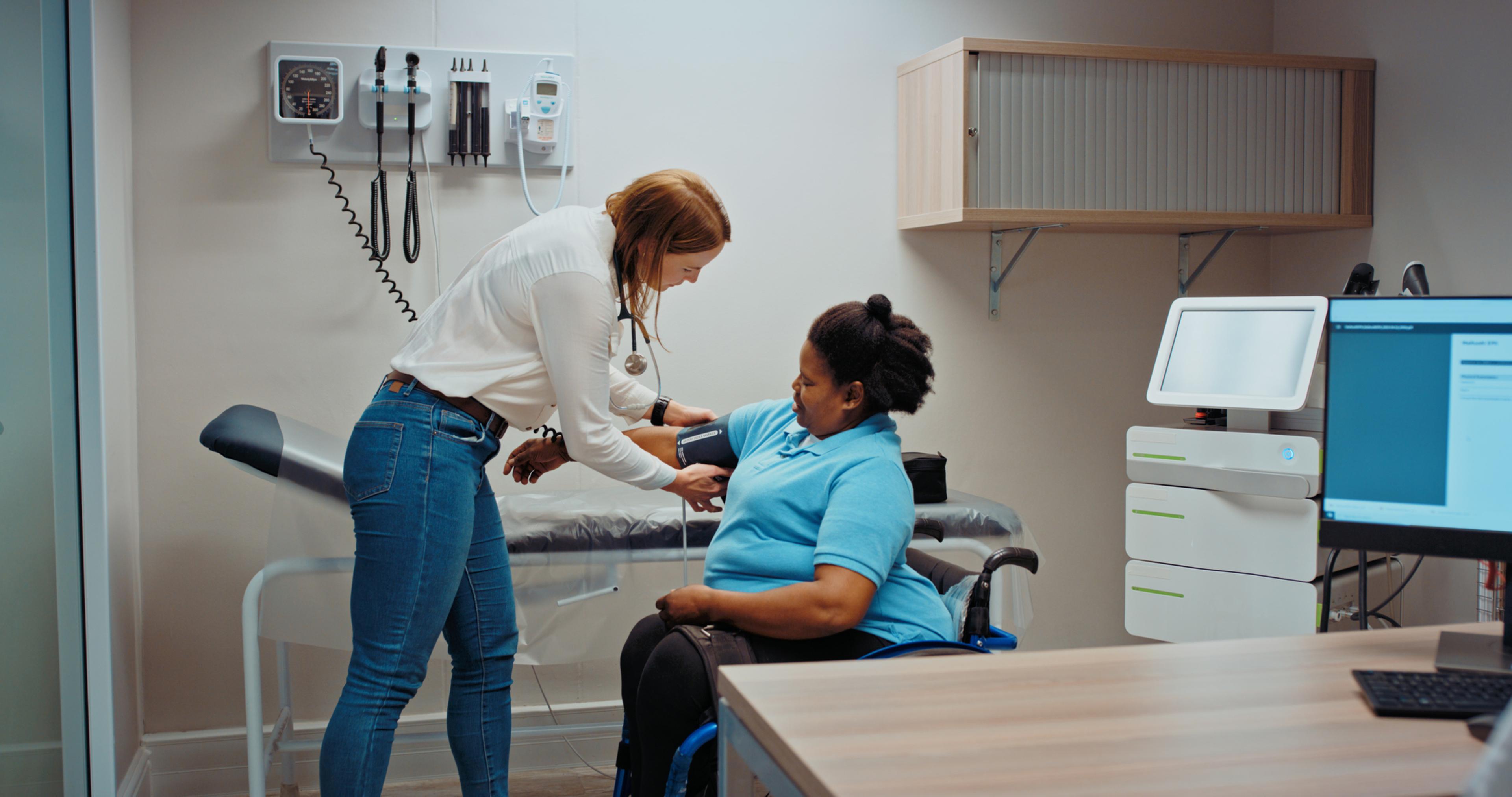Aging Out of Your Pediatrician? How to Find a Primary Care Doctor

Maria Cassel
| 3 min read
Maria Cassel is a corporate communications intern at Blue Cross Blue Shield of Michigan. Maria is a rising junior at Butler University studying marketing. In her free time, Maria enjoys running, listening to the Beatles, and watching Formula One races with her dad.

When you become an adult, there are a multitude of new tasks to worry about. One you may not be prepared for is finding a primary care provider.
Most people transition from a pediatrician to an adult primary care provider between ages 18 to 21. If you find yourself in this boat, you might be asking yourself, where do I even start?
Don’t worry, we’ve got you covered. Here are some starting points to finding a primary care provider.
Ask your current pediatrician.
Your pediatrician knows you and your medical history. They probably know a network of doctors who would be a proper fit for you. Given your pediatrician’s knowledge of you and other primary care providers, they are best suited to give you a referral.
Check your insurer’s website.
Most insurance companies have a list of family medicine or internal medicine primary care providers on their website who are “in-network” for your health plan. An in-network primary care provider is a provider that accepts your health insurance plan. This means your health plan will help pay for your medical care if you see them. This is a great place to start.
You can choose from an array of primary care providers who are in your network. Find them on the BCBSM Find a Doctor Tool. Check out their practice or hospital website to learn more about them and determine if they are a right fit. The greatest part about this route is that you don’t have to worry about figuring out if your new primary care provider is covered by your insurance.
Ask any specialists you see.
If you see any specialists, such as a gastroenterologist or an allergist, they might know of a good primary care provider to refer you to. Like your pediatrician, your specialist will understand you and your medical history and will be able to give you a more informed opinion. Consider finding a primary care provider who is in the same hospital system of specialists or your prior provider, as your care can be better coordinated.
Ask friends and family.
Your friends and family know you better than anyone else. Ask your friends and family if they know any primary care providers who would suit you well.
Be prepared for your first appointment
However you find a new doctor, make sure you are prepared for your first appointment.
Here are a couple of reminders to be prepared for your first appointment.
- Know your full medical history and a list of any medications you take and be ready to share it with your new primary care provider.
- Have your insurance ID card.
- Have the address and phone number of your pharmacy.
- Ask if you need to complete any paperwork before your first appointment.
Continue reading:
- When to Switch from a Pediatrician to a Doctor
- Are You the Default Parent? How to Recognize Signs and Ease the Burden
- Why Misusing the Word ‘Triggered’ Can Be Harmful
Photo credit: Getty Images





